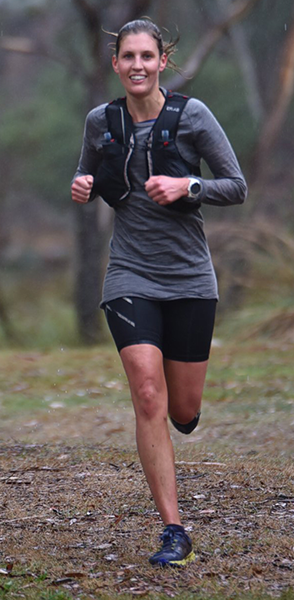
As a Tasmanian I am passionate about transforming the health and wellbeing of the Tasmanian community and believe that preventative strategies and early intervention are crucial in achieving this goal. My PhD work investigated the relationship between traumatic brain injury and Alzheimer’s disease using animal models and demonstrated that the underlying disease processes in these two conditions are similar. This research resulted in me becoming very interested in developing tests that allow us to monitor the brain changes that occur following traumatic brain injury and in neurodegenerative conditions such as dementia, so that we may improve outcomes.
I also have a strong interest in human anatomy and throughout my career I have had the opportunity to teach anatomy as well as prepare and analyse post-mortem human tissue. This has resulted in my research focus moving away from animal models and towards preclinical and post-mortem human studies of ageing and neurodegenerative disease. Through my research I hope to bridge the translational gap between animal and human studies.
My current research focuses include investigating blood-based biomarkers of brain health and disease and establishing Tasmania’s first post-mortem human brain bank. At the end of 2019 I received the Royal Hobart Hospital Research Foundation Major Project Grant, which will fund a three-year project looking at the protein Neurofilament light as a blood-based biomarker for neurodegeneration and dementia. This project will specifically look at how levels of the Neurofilament light protein, in the blood, change over normal ageing, in dementia and in people who develop cognitive impairment following intensive care for traumatic brain injury and sepsis.
Through my research I aim to develop new approaches of diagnosing and monitoring neurodegenerative conditions such as dementia. Furthermore, I hope to correlate clinical cognitive data with both blood-based biomarkers of brain health and post-mortem brain changes. Overall, the goal of my research is to develop a method of identifying people most at risk of cognitive decline and dementia, so that we can intervene early in the disease process, when therapeutic approaches are more likely to be effective.
I feel privileged to be able to be part of the team at the Wicking Dementia Research and Education Centre and to be able to work on such exciting research in the beautiful state of Tasmania. As an avid runner and outdoor enthusiast, when not in the lab you can find me running around on many of our states’ beautiful trails.
